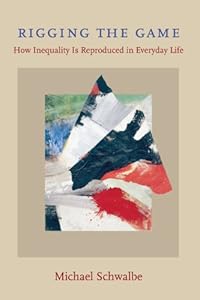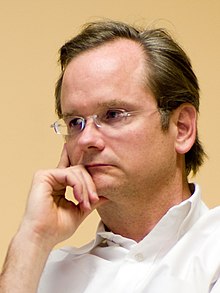Just watched Chasing Ice on the small screen – showing on
the big screen in Wells Hall next Thursday, 25th. I turn off the tv
come upstairs and stumble into this report . All this after listening to campus leaders on radio and webcasts this week
assuring us that our pace at addressing climate is fine. I think I need a vacation! Luckily I'm going soon...
Meanwhile the constant weather fluctuations are threatening
our agricultural systems with growing unpredictable floods, droughts, storms,
freezes, etc – all of which are predicted to increase as the CO2 we keep pumping into the atmosphere accumulates. We continue to add more buildings to heat and cool and light and otherwise power from power that is primarily from fossil fuels. It's as if we in higher education feel that our work is so essential that we can defy the laws of thermodynamics. That somehow we are bequeathed with some moral hegemony that allows us to forgo controls on growth on a finite planet. Where is the
sanity in that? Are the feedback loops to slow?
And if that isn't loony enough, we'll actually keep investing in those fossil fuel companies as long as we think we'll be enriched over the next quarter or year.Even as the report above suggests the lunacy of such efforts.
There are ways out of this insanity, but you don't see leadership coming from higher education leaders or politicians, partly because they have been captured by the way the rules of the game have been rigged to favor greed and power.

Here’s a brief doable plan (if politics wasn't in such a horrid state) that allows us to move a lot faster and
brings more equality, creates jobs, and reduces our consumption of fossil fuels.More people would benefit more, for a longer term than the current approach our leaders(?) want us to believe.
1)
Reinstall our income tax strata from the 1950s; tax
short-term speculative investments - shorter they are held the more they are taxed; and tax capital gains at same rate as regular income. Reduce work week to 32 hours - we have a labor surplus people - not a ,labor shortage!
2)
Launch a new CCC that focuses on energy conservation
and efficiency
3)
Launch and or support neighborhood centers that build and strengthen local
food systems
4)
Remove subsidies for large commodities - we create more mayhem in the developing world by chasing people off the land
5)
Reduce defense spending, increase peace spending
– more on trained negotiators with knowledge of the regions, more training on
democratic group processes to be used for effective community conversations.
6)
Support young people who want to be global peacekeepers
with the same level of training and benefits as we do soldiers for war. They
are both risking their lives.
It tries to reflect in spirit the beautiful systemic approach for which John Todd was awarded the inaugural 2008 Buckminster Fuller Award for his Comprehensive Design for a Carbon Neutral World: The Challenge of Appalachia


 that is compelling in trying to figure out which issues might our time best be spent at. While there are many places to join in, Lessig's point deserves serious reflection.
that is compelling in trying to figure out which issues might our time best be spent at. While there are many places to join in, Lessig's point deserves serious reflection.


 We
believe that the economy is more than just a machine to produce more
and more trinkets and that the pie has to stop growing because the
ingredients are running out.
We
believe that the economy is more than just a machine to produce more
and more trinkets and that the pie has to stop growing because the
ingredients are running out. I think the proverb might apply to any number of things (as proverbs do) but I'm thinking specifically of MSU students who have been urging the MSU administration to move away from coal and fossil fuels as the source of powering the university. While their earlier pushing to get off coal likely helped lead to a year long study that created an Energy Transition Plan, they don't see the progress moving at the speed they believe needs to prevent their future from being fraught with ecological and economic challenges that make our current ones pale. The roughly 30 year lag in the impact of adding more carbon will be felt more by them than by our generation who will mostly be turning to dust by then.
I think the proverb might apply to any number of things (as proverbs do) but I'm thinking specifically of MSU students who have been urging the MSU administration to move away from coal and fossil fuels as the source of powering the university. While their earlier pushing to get off coal likely helped lead to a year long study that created an Energy Transition Plan, they don't see the progress moving at the speed they believe needs to prevent their future from being fraught with ecological and economic challenges that make our current ones pale. The roughly 30 year lag in the impact of adding more carbon will be felt more by them than by our generation who will mostly be turning to dust by then.
 I get up to take some of the doughnut pile over to my brother-in-law's and am immediately engaged with the radio. The NPR show "
I get up to take some of the doughnut pile over to my brother-in-law's and am immediately engaged with the radio. The NPR show "